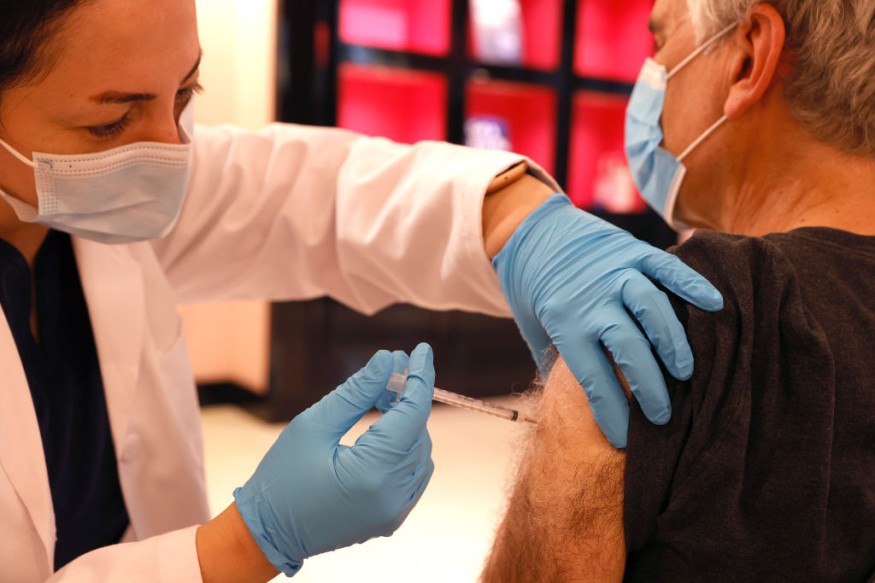As protection against Covid-19 virus wanes over time, an additional booster shot had been largely considered in the US.
While it looks like coronavirus would not go away soon, it is quite notable that breakthrough infections had subsided for most regions, as vaccination and booster shots had been widely administered. To ensure vaccine effectivity and prevent reinfections, US officials, along with world health regulators, plan to have the general public receive a 4th vaccine shot, CNet reported.
According to "people familiar with the matter", the Food and Drug Administration will potentially authorize a fourth booster shot in fall 2022.
White House Chief Medical Adviser Dr. Anthony Fauci said in a Wednesday press briefing that the potential future requirement for the fourth shot for mRNA vaccines like the ones offered by Pfizer and Moderna, or a third shot for J&J "is being very carefully monitored in real time".
Protection against hospitalization

Centers for Disease Control and Prevention reported a significant decrease in protection against hospitalization from mRNA vaccines, and even boosters. In the period when the Delta variant dominated, protection against hospitalization sank from 96% to 76% within four months.
Meanwhile, protection from hospitalization fell from 91% within two months of an mRNA booster to 78% after 16 weeks when omicron hit.
This concerns health experts about impending variants of concern and that booster rates have gone too low, given the four months efficacy of booster shots.
According to National Institute of Allergy and Infectious Diseases (NIAID) Director Dr. Anthony Fauci, there is "substantial waning" for recognizable disease with symptoms, and about 78% overall protection rate against hospitalization for severe infection at four to five months.
Local news Fox5 quoted Dr. Fauci's statement which says "78% is pretty good", and that CDC is encouraging those who are immune-comprised to get their fourth shot now.
Meanwhile, for the immunocompetent population, CDC works to follow the durability of that protection
Why CDC suggests a fourth shot
"Before we make that decision about yet again another boost, we want to determine clearly what the durability of protection is of that regular boost, that third shot that we're talking about," said Dr. Fauci.
FDA's Dr. Peter Marks told The New York Times that scientists "simply don't have enough data to know that it's a good thing to do," but new data suggests that an additional booster shot will be decided more on who is eligible, when it will be offered, and whether the extra shot will be specific to omicron. He said that the best time for an additional shot could come in the fall.
One more factor why regulators are leaning toward authorization for additional mRNA vaccine boosters as soon as this year is to "synchronize the new COVID shots with the timing of the existing yearly influenza vaccine in order to increase reception."
CDC said that vaccines remain the best way to protect against COVID-19 and everyone five years and older is now eligible to receive it. The agency currently recommends booster shots for people 12 years and older, five months after getting two doses of the mRNA vaccines or two months after a single dose of the Johnson & Johnson vaccine.
© 2025 NatureWorldNews.com All rights reserved. Do not reproduce without permission.





